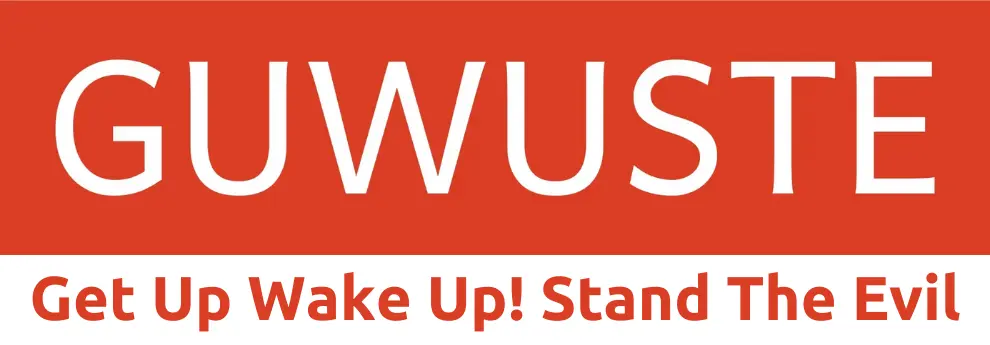The Poor in a Vice: They Will Make Them Live the Nightmare of Control!
30 Aug 2025
- Share:

The Digital Identity Vice: The Real Nightmare of Control is Just Beginning!
Digital identities are presented to us with fancy promises like poverty alleviation and global development. But behind the shiny facade, as a control network is woven to enslave humanity and track our every step, could every "solution" offered actually be a piece stolen from our freedom?
Billions Without Identity: A Control Opportunity Born from Crisis
The fact that nearly 2 billion people worldwide lack official identification is the strongest pillar of digital identity systems. Because being without an identity restricts access to work and education, deepening poverty. As a solution to this problem, digital identities are presented as a remedy for "lack of identity"; they are claimed to make individuals' lives easier and integrate them into the modern economy. However, every step of digitalization presented under the guise of convenience makes every individual's digital footprint traceable, manageable, and controllable, seeming like a golden opportunity to establish new control mechanisms rather than solve a crisis…
The Truth Behind the Promises: A Panacea Surveillance Tool
It is thought-provoking that digital identities are presented not only as a solution to poverty but also to a wide range of "problems" such as populism, illegal migration (backed by the UN), crime, fraud, terrorism, and even pandemics. The wide array of promises strengthens suspicions that digital identities actually form the foundation of a comprehensive surveillance infrastructure that can track and control every movement of individuals. The fact that a system is presented as a "solution" to so many different problems suggests that its real purpose is to weave a broader control network rather than solve the problems themselves.
Digital Public Infrastructure (DPI): The Cornerstone of the New World Order
Digital identities, along with digital payment systems and data exchange systems, form one of the three fundamental pillars of a structure called "digital public infrastructure" (DPI). This infrastructure is presented as the modern equivalent that reshapes economies, like roads and bridges in the 19th century. However, unlike physical infrastructure, digital infrastructure weaves a control network that encompasses all kinds of digital interactions of individuals, from financial transactions to personal data.
The planned COVID-19 pandemic is claimed to have accelerated the need for digital identity systems by revealing governments' inadequacies in delivering aid to vulnerable groups. Examples in countries like Chile, Thailand, and India show that digital identities are used to expedite emergency cash transfers and social assistance. However, the aid mechanism also enables governments to have more detailed information about their citizens than ever before and potentially use that information for manipulative purposes.
MOSIP: The Hidden Cost of "Free" Software
Modular Open Source Identity Platform (MOSIP) is presented as an open-source, adaptable, and modular solution for digital identity systems. The platform is offered "free of charge" to low and middle-income countries. Piloted in 11 countries in Africa and Asia since 2018, MOSIP has registered over 90 million people into its digital identity system. While MOSIP being "open source" might seem to mean the technology is transparent and accessible to everyone, by making the system's core code and functionality a global standard, it potentially paves the way for the establishment of interoperable digital identity systems based on the same proprietary codebase worldwide, opening doors to global control governance systems presented under the name of "interoperability."
Reflections on Turkey: The Dark Shadow of Digitalization
In Turkey, digitalization steps are also being taken rapidly. E-government applications, digital payment systems, and the use of biometric data are becoming widespread. While these developments make citizens' lives easier, they also bring potential risks of digital identity systems. The security of personal data, the protection of privacy, and the potential for misuse of systems are serious concerns for Turkey as well. The possibility of digital identities being used as a tool for social control and surveillance should be a critical topic of discussion for our country's future.
Final Word: Welcome to the New Era of Control
Although digital identity systems are presented with noble goals such as poverty alleviation and development, they actually have the potential to create a comprehensive control and surveillance mechanism that permeates every aspect of individuals' lives. These systems not only facilitate identity verification but also provide an infrastructure that can track individuals' financial transactions, access to social assistance, health records, and even movements. Systems presented with concepts like "free" and "open source" can actually be a means of establishing an unprecedented level of power and control over individuals by creating a global digital identity network. It is vital to adopt a deep questioning and critical perspective on the true purposes and long-term effects of digital identities.
Sadi ÖZGÜL






